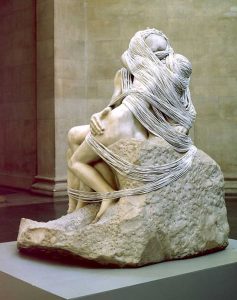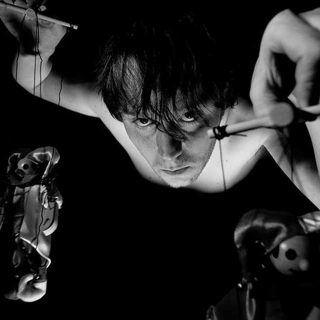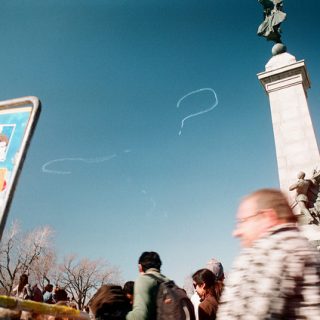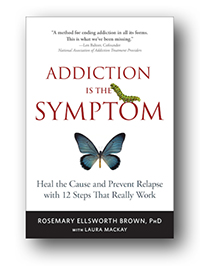Have you ever had love any other way? Maybe not
 We often use the phrase “unconditional love.” It implies that there’s some other kind, a form of love that can be conditional. But there isn’t. Love is love. It’s a gift, no strings attached. Most of us haven’t learned how to give such a gift. Most of us have never received it.
We often use the phrase “unconditional love.” It implies that there’s some other kind, a form of love that can be conditional. But there isn’t. Love is love. It’s a gift, no strings attached. Most of us haven’t learned how to give such a gift. Most of us have never received it.
This has everything to do with addiction.
Let’s Make a Deal
As Dr. Brown describes in Addiction Is the Symptom, what most of us call love is usually laden or at least spiked with what amounts to control and manipulation—also known as addictive behavior. Simply put, it’s contingent on getting something in return. Including love itself, because god knows, we don’t love ourselves. What a lot of work that would be. Speaking for myself.
These expectations often point to something deeper: we don’t just expect something back, we depend on it. We are emotionally dependent on it. Meaning addicted.
I know, it’s a hard notion to get your head around. Maybe it even sounds insulting. Who among us wants to think of ourselves as a manipulator, a user? Or as blithely manipulated?
The “let’s make a deal” aspect of “love” might not be apparent until expectations we didn’t even know we had aren’t met, resentment rears its ugly head, and the deal falls apart. And even then, it’s so much the norm that no one even questions it.
“I invested so much in her . . .”
“After all I did for him . . . “
Our love of ourselves comes with strings too. Maybe you imagine that you’ll love yourself if you can just lose weight, or reach the top of your field, or make a big pile of money, or stop drinking so much.
And then maybe you accomplish the thing, and you feel really great about how attractive, successful, smart, or disciplined you turned out to be . . . until you gain the weight back, or miss a rung on that career ladder, or lose all the money in the stock market, or wake up with another hangover.
“What a pathetic piece of crap I am.”
“What a failure I am.”
No wonder we’re so desperate for others to love us. No wonder “love is blind.” Our own needs blind us to who our partners and other close ones really are. We see what we need to see. And so we dismiss or never see divergent life goals, mismatched personalities, lack of passion, or bad, even violent, behavior. We also fail to see the gifts that others uniquely have to give. Because it’s all about us.
We Get Credit for Trying
Okay, maybe it’s not all about us. I’ll give you some credit, and me too while I’m at it. We get credit for trying. We are all trying, and that counts. It does. Reaching toward each other so imperfectly. It’s beautiful. Often painful. Sometimes tragic.
Hear the hearts breaking.
When you do the work of The Brown Method, you see with uncomfortable clarity what a user you’ve been, and perhaps how used. How what you’ve known as love has very likely been a big knotted mess on all sides.
Enter your favorite sedative—drugs, food, shopping, whatever. How alluring, to ease the pain for just a little while.
It’s not your fault. Emotional dependency is deeply conditioned in childhood, to varying degrees; most of us didn’t stand a chance. Still, it’s hard to face, this neediness and utter ignorance of love. Once you do face it, though, you have the opportunity to learn how to meet your own needs and then to give and receive actual love, no strings attached, perhaps for the first time.
You still won’t be perfect. Your loved ones still won’t be perfect. Love—the real thing—sees all . . . and loves anyway. That’s what makes it perfect.
See the glossary: Emotional dependency; Relapse; Fear, control, and manipulation




